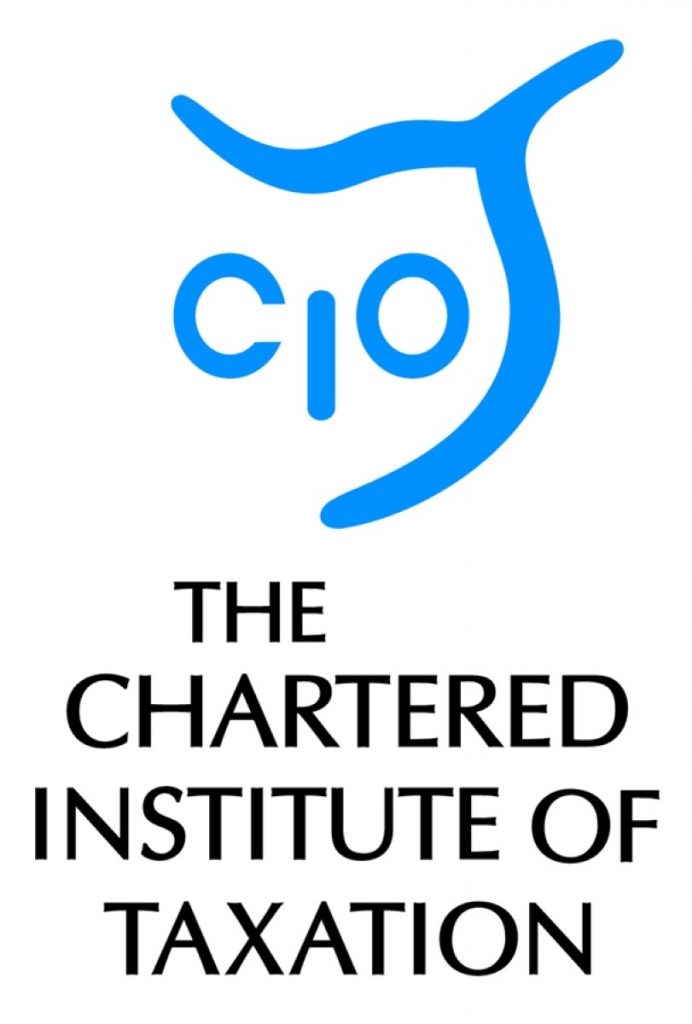CIOT: Tax advisers welcome HMRC’s relaxation of RTI reporting by small employers
The Chartered Institute of Taxation (CIOT) and the Low Incomes Tax Reform Group (LITRG) welcome the announcement today by HMRC, that it is making a significant relaxation to the Real Time Information (RTI) PAYE reporting requirements for small employers for a limited period.
CIOT President Patrick Stevens said:
“The relaxation demonstrates that the Government has listened to the concerns of employers, their agents and the organisations that represent them.
“This follows constructive dialogue between numerous professional and trade bodies, led by CIOT and LITRG, and government. It is the culmination of many discussions that we have had over a number of months with various Ministers, other MPs and Peers, and officials.”
The change will permit employers with fewer than 50 employees who find it difficult to report every payment to employees at the time of payment, to send information to HMRC on the date of their regular payroll run but no later than the end of the tax month (5th).
Anthony Thomas, Chairman of LITRG said:
“We welcome the initiative by HMRC, with the DWP’s support, to adapt the RTI programme to suit the needs and capabilities of small businesses. This will now allow many small businesses, which might have struggled with RTI, to use it with minimum disruption. Permitting employers to report slightly later, when they complete a normal monthly payroll process, rather than requiring them to do so on or before the payment, is welcome.
“Everybody understands that RTI needs to work well, not just to eradicate avoidable mistakes from the PAYE system, but to help Universal Credit be responsive and sensitive to the needs of claimants. We know that small and growing businesses will bear the major part of the cost and administrative burden of RTI. Giving small businesses some leeway at least over the next few months is good news. The Government is showing its willingness to understand how best they can assist in relieving the pressures on that important sector of the economy.”
Patrick Stevens continued:
“By October 2013 we should have a clearer idea of what concessions small business will require for RTI to work effectively for the good of all. And then we can have a sensible dialogue with ministers and officials about how to build what we have learned into the design of RTI and universal credit in future.
“Working together with our members and other organisations in this has been crucial to gaining a better understanding of the issues and demonstrating the problems employers are encountering in adjusting to RTI. We intend to continue to play a significant role in bringing the various parties together going forward so that we can ensure that the voices of employers and their agents are heard within HMRC and DWP.”
Notes to editors
1. The announcement on RTI is on HMRC’s website at http://www.hmrc.gov.uk/news/rti-small-businesses.htm.
2. From 6 April 2013, under RTI most employers will be required to report details of payments made to employees to HMRC on or before the time of the payment. The relaxation will apply to those smaller employers with less than 50 employees.
3. The Chartered Institute of Taxation
The Chartered Institute of Taxation (CIOT) is the leading professional body in the United Kingdom concerned solely with taxation. The CIOT is an educational charity, promoting education and study of the administration and practice of taxation. One of our key aims is to work for a better, more efficient, tax system for all affected by it – taxpayers, their advisers and the authorities. The CIOT’s work covers all aspects of taxation, including direct and indirect taxes and duties. Through our Low Incomes Tax Reform Group (LITRG), the CIOT has a particular focus on improving the tax system, including tax credits and benefits, for the unrepresented taxpayer.
The CIOT draws on our members’ experience in private practice, commerce and industry, government and academia to improve tax administration and propose and explain how tax policy objectives can most effectively be achieved. We also link to, and draw on, similar leading professional tax bodies in other countries. The CIOT’s comments and recommendations on tax issues are made in line with our charitable objectives: we are politically neutral in our work.
The CIOT’s 16,500 members have the practising title of ‘Chartered Tax Adviser’ and the designatory letters ‘CTA’, to represent the leading tax qualification.
4. The Low Incomes Tax Reform Group
The Low Incomes Tax Reform Group (LITRG) is an initiative of the Chartered Institute of Taxation (CIOT) to give a voice to the unrepresented. Since 1998 LITRG has been working to improve the policy and processes of the tax, tax credits and associated welfare systems for the benefit of those on low incomes. Everything we do is aimed at improving the tax and benefits experience of low income workers, pensioners, migrants, students, disabled people and carers.
– ENDS –
George Crozier
External Relations Manager
D: +44 (0)20 7340 0569
M: +44 (0)7740 477374
The Chartered Institute of Taxation
Registered charity number 1037771
www.tax.org.uk
The Association of Taxation Technicians
Registered charity number 803480
Registered company number 2418331
VAT Registration Number 497 5390 90
www.att.org.uk
Low Incomes Tax Reform Group – an initiative of the Chartered Institute of Taxation
www.litrg.org.uk
1st Floor, Artillery House, 11-19 Artillery Row, London SW1P 1RT





-01.png)